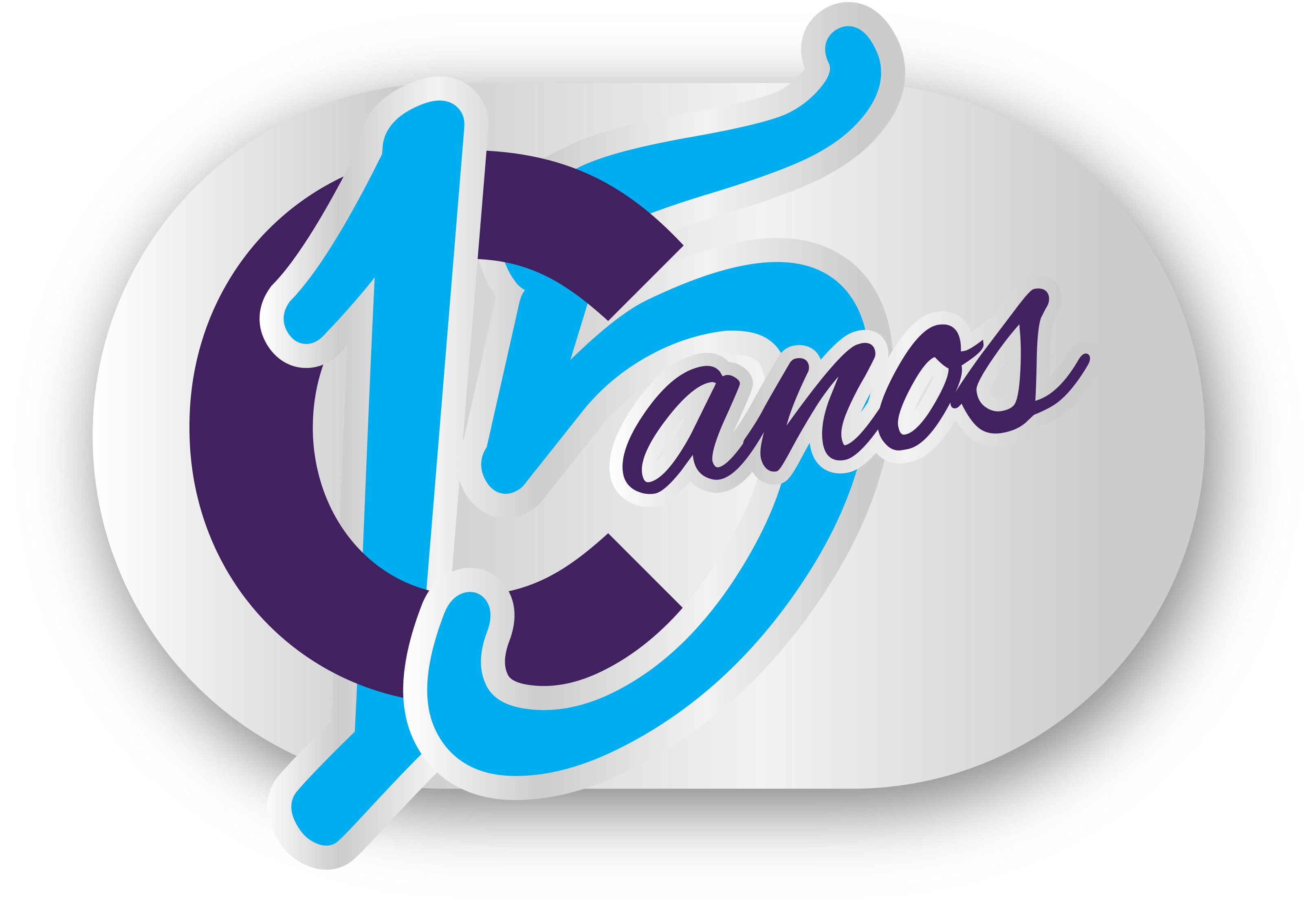


Alexandre Barreto, former President of the Administrative Council for Economic Defense (“CADE”), and CADE’s former Superintendent-General, Alexandre Cordeiro, should switch offices after Brazil’s President Jair Bolsonaro appointments.
Indeed, Alexandre Cordeiro already took office on July 12th following nomination approval by the Brazilian Senate on July 7th. He has a history within CADE: he was a member of CADE’s Tribunal for two years and Superintendent-General for four years. As President, he will represent CADE and handle administrative matters, and even though no cases are assigned to the president office, he will also vote on cases judged by the Tribunal.
With regards to Alexandre Barreto, his nomination could be approved by the Brazilian Senate after July´s recess. As Superintendent-General, Alexandre Barreto would lead CADE’s investigative body with a two-year term, which may be renewed once.
The Tribunal of CADE found that the Brazilian fuel distributor, Ipiranga, price-cap policy is lawful on June 30th. Through the policy, the company will implement an intelligent pricing system to negotiate maximum retail prices charged by fuel stations that operate under its brand.
CADE’s Tribunal unanimously found that the policy does not raise any competition concern, as the pricing system features deter anticompetitive effects. The features include: the pricing system will operate only as a suggestion of maximum price, the recommended pricing parameters will be individually tailored with each fuel station, and there will be no monitoring or punishment mechanisms.
In addition, to assure the policy’s competition compliance, the Tribunal established that the suggested price should be lower than the fuel station original retail price; and the system’s algorithms and data base should be exclusive to Ipiranga. Lastly, considering the policy’s innovative nature and the use of quickly changing technologies, the Tribunal ruled that its decision is legally binding for two years.
On May 5th, CADE’s Tribunal unanimously approved the acquisition of Eaton Corporation’s hydraulic solution business by Danfoss. The approval is conditioned on full compliance with the commitments agreed on by CADE and the parties as per their Merger Control Agreement (“MCC”).
The case was brought to the Tribunal after the transaction was challenged by CADE’s General Superintendence (“SG”) in January 2021. Similarly with the SG’s understanding, the Tribunal also considered that the transaction would lead to high combined market shares, and that entry or rivalry conditions were not able to prevent a likely exercise of market power.
The MCC, negotiated by the Reporting Commissioner Lenisa Prado, establishes both structural and behavioral remedies designed to address CADE’s competition concerns, including the divestment of plants and client portfolios, as well as the parties’ commitment to end exclusivity agreements and to refrain from entering into new exclusive agreements in Brazil for three years. Additionally, since the transaction was also submitted to authorities in the United States, European Union and other jurisdictions, the remedies were discussed and aligned with foreign authorities.
Almost 50 Brazilian exporters, represented by the Association for Brazilian Exporters (“AEB”), filed a class action in the state court of São Paulo in May 2021 against more than 15 banks investigated in an alleged foreign-exchange cartel probe. It is one of the biggest class actions to seek compensation for cartel damages ever filed in Brazil. Other companies also filed independent lawsuits.
In July 2015, CADE initiated an antitrust investigation regarding the alleged manipulation of foreign currency exchange rates concerning offshore currencies by international banks. Deriving from this offshore probe, a new case was started in 2016 in relation to an alleged cartel in onshore currency. Both cases are still ongoing.
The AEB’s claim aims at retrieving the losses allegedly suffered by the claimants as consequence of the alleged collusion among the banks. The targeted compensation is estimated at 19.1 billion reais ($3.82 billion).
CADE’s SG has opened a probe against Brazil’s biggest food-delivery app, iFood, to investigate whether its exclusive dealing arrangements with restaurants are anticompetitive. The investigation follows the complaints from rival Rappi and from the Brazilian Association of Bars and Restaurants (“Abrasel”), and has Uber’s food-delivery app, Uber Eats, as interested third party. Rivals have argued that both restaurants and consumers are trapped on iFood’s app due to iFood’s dominant market position and exclusive dealing arrangement; and that the sole purpose of the arrangement is to prevent competing platforms from having access to restaurants mostly desired by customers. Preliminarily, CADE has prohibited iFood to include exclusivity clauses in new agreements while the investigation is ongoing.
It is worth mentioning that in a recent case involving this matter, CADE’s Tribunal reaffirmed its rigid stance over exclusivity agreements employed by dominant companies. According to the authority, since exclusivity clauses are not illegal per se, the assessment of their potential anticompetitive effects considers four main elements: (i) dominant position; (ii) level of market foreclosure; (iii) legitimate economic reasoning for the exclusivity, and (iv) efficiencies.
Denise Junqueira
djunqueira@cascione.com.br
(Português do Brasil) 18/01/2023 | Edição n. 37
(Português do Brasil) 21/11/2022 | Edição n. 36
(Português do Brasil) 07/11/2022 | Edição n. 35
(Português do Brasil) 19/09/2022 | Edição n. 34
(Português do Brasil) 21/07/2022 | Edição n. 33
(Português do Brasil) 07/06/2022 | Edição n. 32
(Português do Brasil) 05/04/2022 | Edição n. 31